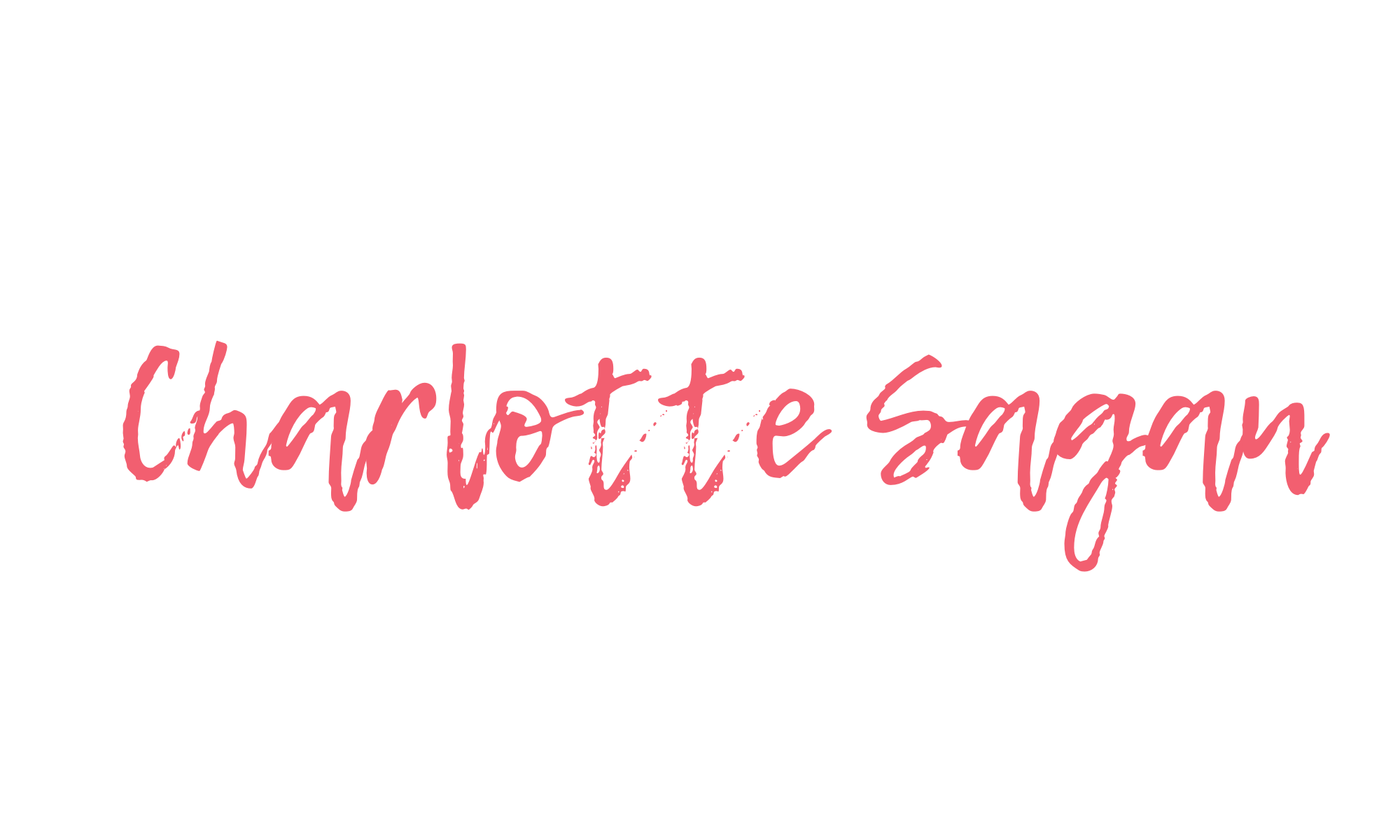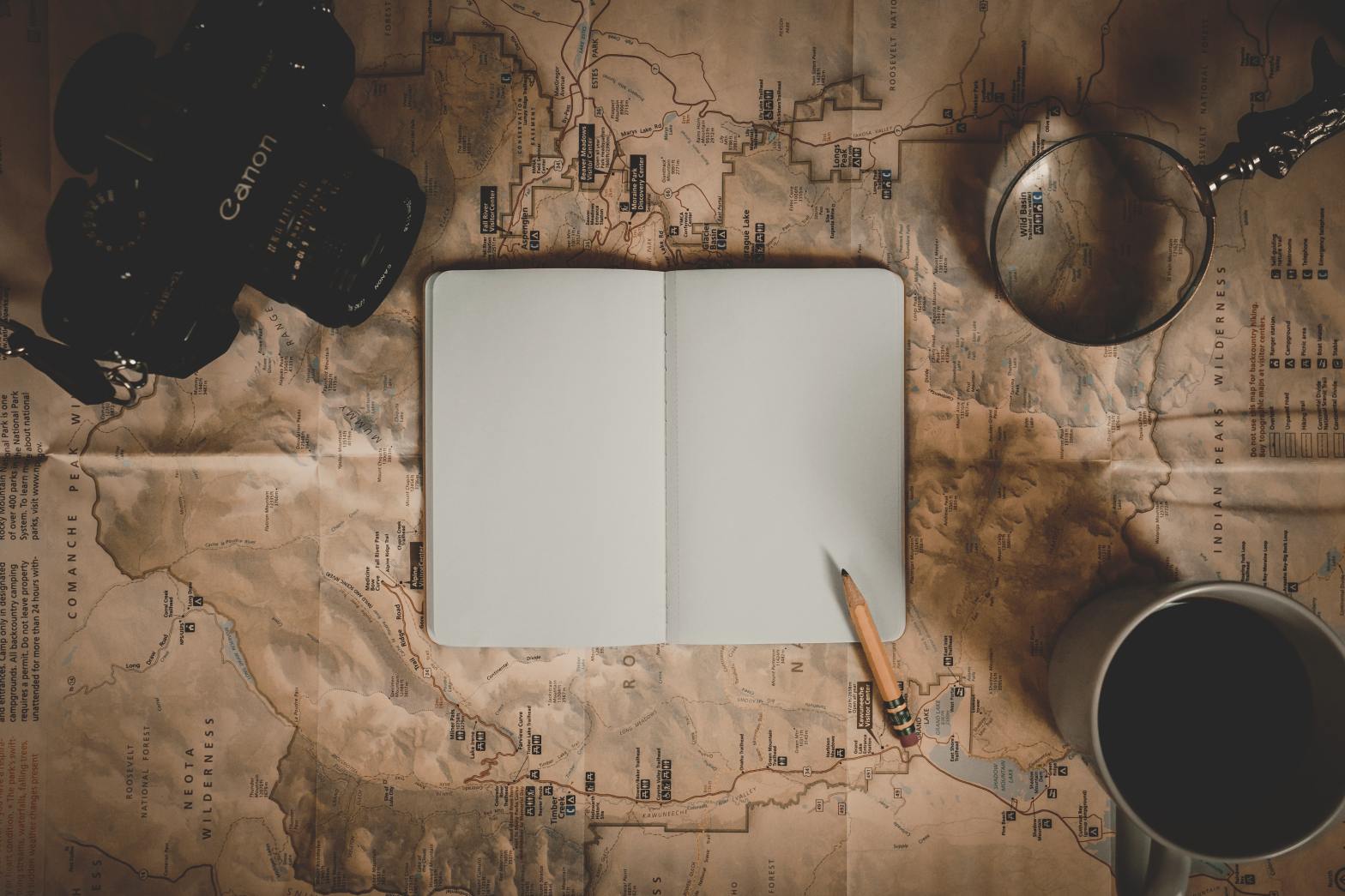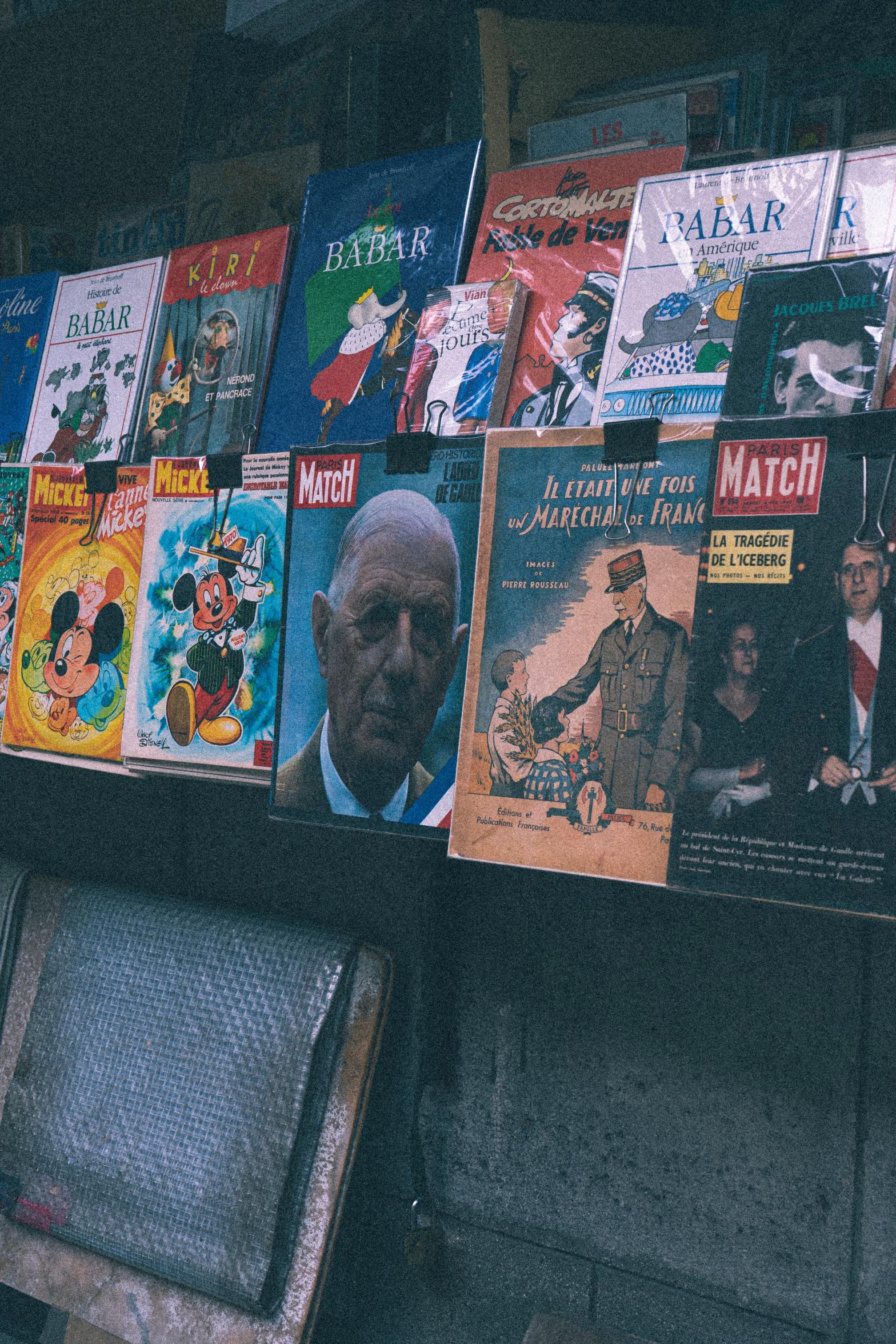My first job was as the Saturday girl at my local independent bookshop, a role I wangled after my mum marched me in to very sheepishly ask if I could come in for work experience when I was 15. It was exactly as idyllic and odd as you would expect, filled with eccentric customers and frustrating requests (‘the book about the very old castle with a red cover’). Whilst this was a tad annoying at the time, it’s made me an excellent book recommender and gifter, a skill I thought I would pass on to you this festive season.
Books are, in my opinion, the perfect gift: easy to wrap, relatively inexpensive, thoughtful and fun. As a bonus, you also get to support great bookshops when you buy them! I’ve included links to bookshop.org below, but if you have a local bookshop, they’re really great at ordering things in for you, so please do that. And be nice to the Saturday girl.
For the sibling/friend/child who has recently left home
The Roasting Tin by Rukmini Iyer
I gave my younger brother a copy of The Roasting Tin when he was leaving for university and it went down a storm. It’s not a specifically student cookbook, which makes it appropriate for lots of different age groups and, in my opinion, much less patronising, but it is full of simple recipes that require only a roasting tin and often only a handful of ingredients. The wildly successful series contains many different iterations, including a vegetarian/vegan version, so you can adjust as necessary, and if you’re feeling really generous you can combine with an actual roasting tin for the ultimate gift.
For the friend who has already read everything
The Persephone Collection of Short Stories
Friends who love books are the hardest friends to buy books for because, inevitably, they have already read the book that you wanted to buy them. This collection of short stories from independent publisher Persephone solves that problem, as it contains short stories from a range of female authors, compiled by the publisher for this edition and listed chronologically. The grey cover is beautiful, and the range of authors means they’re bound to discover something new. Plus, if they already have the first collection, you can always buy them the second!
For the one going through a breakup
Conversations on Love by Natasha Lunn
I feel a bit bad putting this under breakup books because it contains conversations on all aspects of all kinds of love, platonic, familial and romantic. I do think, though, that during a breakup is one of the main times that lends itself to serious introspection, especially with regards to relationships, which is the perfect time to read this. There are so many wise and intelligent people interviewed, you’re bound to find something that resonates with your particular situation and, hopefully, helps you to reflect on it.
For the one who loves Sally Rooney
You Have to Make Your Own Fun Around Here by Frances Macken
I haven’t included the new Sally Rooney book here (although if you haven’t read it I would highly recommend), but I have included this, which is one of my favourite books I’ve read this year. Frances Macken is a young Irish author, and this book also examines the complexities of human relationships, except this novel revolves around friendship rather than love. There’s also a hint of murder mystery which works strangely well with the tone of the novel.
For the Dad who sometimes reads
Taste by Stanley Tucci
I haven’t actually read this one myself but I’ve heard such good things I had to include it. This is Stanley Tucci’s life told via food, which sounds like the best concept ever. Even if your dad isn’t a huge Stanley Tucci fan, if he’s a foodie or a traveller, he should love this.
For the one who loves food
I just finished this essay collection of food and kitchen-related essays and, as someone who plans their days around food, found them deeply moving and often very funny. The cover is beautiful too, making it the perfect gift for the foodie in your life.
For the poetry-curious
Two Cures for Love by Wendy Cope
I’ve included this under poetry-curious rather than the avid poet because Wendy Cope is very popular and well-known, and if you have a poetry-loving friend they would definitely have already read a lot of Wendy Cope and may already own this collection. However, if you have a poetry-curious friend, someone who is prone to existential whimsy and occasionally reshares a poem on Instagram, I think this is a great gift. It has funny poems, sad poems, and love poems, and the style is easy to understand (i.e. you won’t have to spend two hours trying to figure out what the blue curtains represent) while still being deeply clever and meaningful.
For the small-ish child
Everything Under the Sun by Molly Oldfield
I don’t spend time with a lot of children, but those I do see ask a lot of questions. This book is a beautiful answer to that, with a question and answer for every day of the year. It’s also beautifully illustrated and will make a lovely keepsake as they get older.
For the one who loves a classic
Song of Solomon by Toni Morrison
A modern classic in my humble opinion, this novel follows a black man born in America who is determined to fly, literally and metaphorically. It’s a beautiful book with a beautiful cover, and would make a great girl for anyone, but especially those who love classics but haven’t read any of the more modern ones.
For the one who just wants a good story
Daisy Jones and the Six by Taylor Jenkins Reid
This is one of those books that everyone will enjoy, whether you read fifty books a year or one in a good year. It’s written like a script, and follows the rise and fall of a band in the 1970’s and 80’s. It’s really easy to read, an interesting concept and has some great characters too.
I hope this post gave you some ideas, for someone on your list or a treat for yourself.
What’s your favourite book to give as a gift? Let me know!










